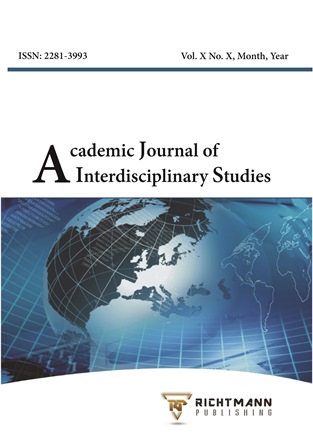Electronic Infrastructure and the Sustainable Development of Business Education Programmes in the 21st Century
DOI:
https://doi.org/10.36941/ajis-2023-0147Keywords:
Electronic, Infrastructure, Sustainable, development and Business Education ProgrammesAbstract
This study primary goal was to investigate the electronic infrastructure-based and the sustainable development of business education programmes in the 21st century. This study used a survey research approach, with 23 participants, including 14 male and 9 female of business education lecturers. There was no sample in this study because the total population was small enough to be studied as a whole. The necessary data were gathered using one study instrument known as the "Electronic Infrastructure-based and Sustainable Development of Business Education Programme Questionnaire" (EISDBEPQ). The questionnaire was validated by three experts: one from measurement and evaluation and two from the business education department. Cronbach Alpha statistics were used to test the instrument's reliability, and the results showed that it had an overall reliability coefficient of 0.94. The data collected were analyzed using mean and standard deviation, and the null hypothesis was tested using an independent t-test at the.05 level of significance. The findings of the study showed that electronic infrastructure-based programmes were not utilized, and strategies to improve the utilization of electronic infrastructure-based programmes are necessary for the sustainability of business education programs. It was concluded that it is critical to promote the use of electronic infrastructure in order to efficiently enhance the business education programme in Nigerian universities. And it was recommended, among others, that information and communication technology should indeed be highly interwoven into the business education curriculum to enhance the security of migrating the teaching process from the traditional method to the digital form.
Received: 26 March 2023 / Accepted: 10 July 2023 / Published: 5 September 2023
Downloads
Downloads
Published
Issue
Section
License

This work is licensed under a Creative Commons Attribution-NonCommercial 4.0 International License.
This work is licensed under a Creative Commons Attribution-NonCommercial 4.0 International License.








